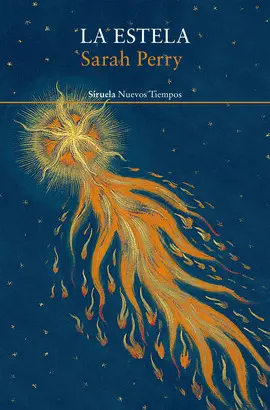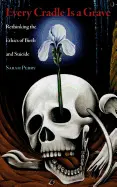Every Cradle Is a Grave: Rethinking The Ethics Of Birth And Suicide
Sarah Perry
Biographical Note:Sarah Perry is a housewife who lives in San Antonio, Texas.Publisher Marketing:Millions of years ago, humans just happened. Accidents of environment and genetics contributed to the emergence of sentient beings like us. Today, however, people no longer "just happen"; they are created by the voluntary acts of other people.This book examines several questions abo...
Sinopsis
Biographical Note:
Sarah Perry is a housewife who lives in San Antonio, Texas.
Publisher Marketing:
Millions of years ago, humans just happened. Accidents of environment and genetics contributed to the emergence of sentient beings like us. Today, however, people no longer "just happen"; they are created by the voluntary acts of other people.
This book examines several questions about the ethics of human existence. Is it a good thing, for humans, that humans "happened"? Is it ethical to keep making new humans, now that reproduction is under our control? And given that a person exists (through no fault or choice of his own), is it immoral or irrational for him to refuse to live out his natural lifespan? Sarah Perry answers these questions in the negative--not out of misanthropy, but out of empathy for human suffering and respect for human autonomy.
" Every Cradle Is a Grave undertakes a difficult task-to write on discomforting matters from a perspective that is socially unsanctioned. Strange as it may seem to some of us, there are scads of volumes that praise the abuses we endure in our lives. Such works have always been well thumbed, though they are only prayer-books for the purpose of worshiping misery. Sarah Perry is more honest and less perverse on the subject of suffering, treating pain as both a philosophical and a practical problem to which, it is admitted, there is no ultimate solution. Nonetheless, in her view there still remains intelligence and compassion as a means for confronting the insoluble. That is what makes this book as much a necessity as it is a rarity."
--Thomas Ligotti, author of The Conspiracy against the Human Race
Meaning. Value. Birth. Death. Sanctity. These subjects and others are reexamined through the lens of suicide rights and procreation ethics in Sarah Perry's Every Cradle Is a Grave. If you're at all fond of asking the truly Big Questions, this is the read you've been waiting for. Why are we here, and why do we stay? Prepare to have your assumptions dissected and turned on their heads. It's a bumpy ride, but then, so is this little journey we're on as we spin aimlessly around a sun that's destined to burn out, just as surely as each individual life will one day fall back down into the mud from which all life arises. Asking the hard questions is one thing, but hearing answers that might shake us to the core can be something else again.
--Jim Crawford, author of Confessions of an Antinatalist
"In this eminently rational, clear and serious book, Sarah Perry is courageous and strong enough to confront the forbidden truths of human life. Every Cradle Is a Grave should be mandatory reading for anyone who plans to have children."
-Mikita Brottman, author of Thirteen Girls
Comentarios
Sé el primero en comentar este libroArtículos relacionados
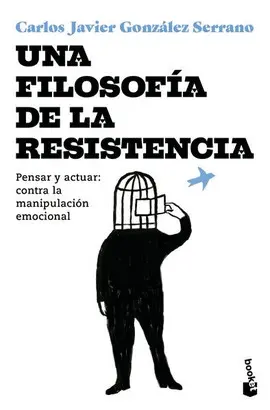
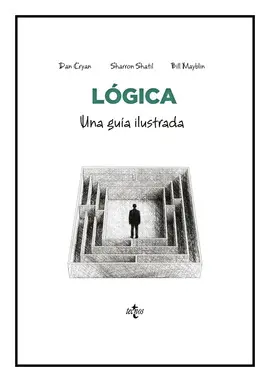
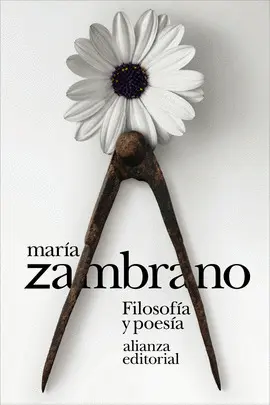
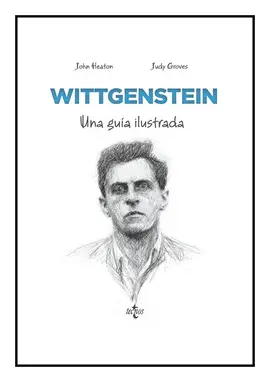
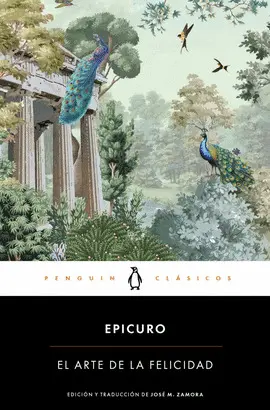
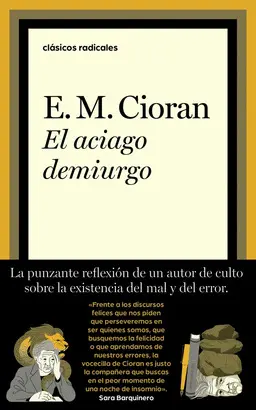
Otros libros del autor
